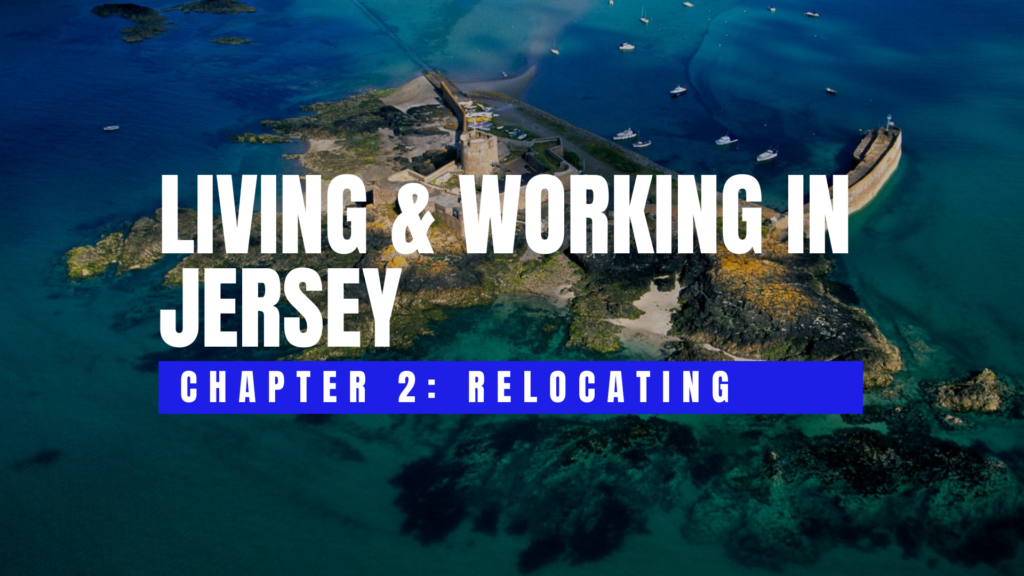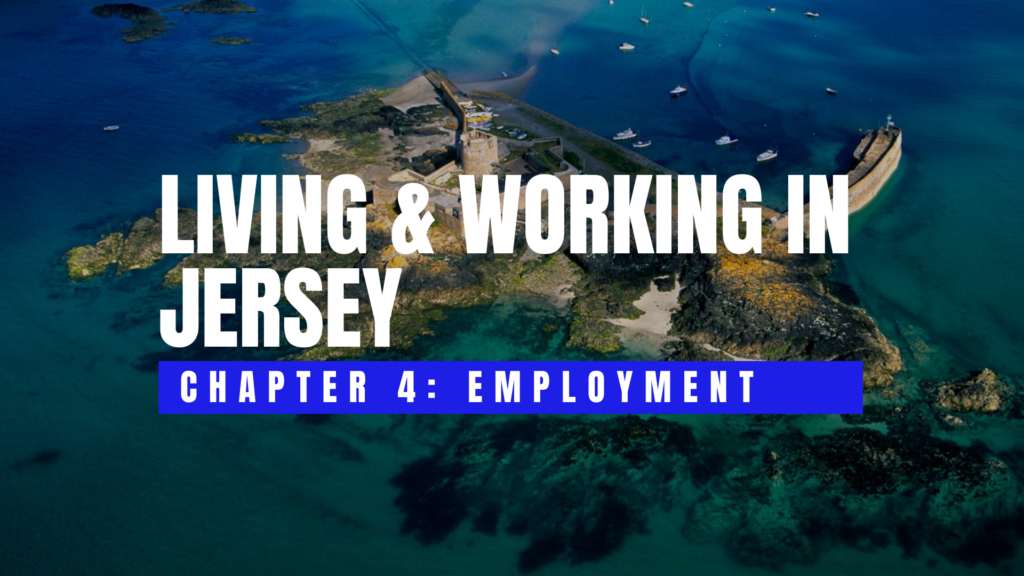Moving to Jersey for Work
Discover everything you need to know about relocating to Jersey for a new role.
Relocating for work is common for those that work in niche fields or want to maximise the potential they have within a certain role. In some cases, an individual may also relocate for work so that they can enjoy the benefits of a new city, country or even continent.
For those working in the UK or mainland Europe, the Channel Islands represent a popular choice for relocation due to the various benefits it can provide.
Below we explain everything you need to know about moving to Jersey for work, including various rules and tips.
Find Your Next Role
Here at Alexander Daniels Offshore we specialise in providing world-class recruitment consultant services, delivering a range of career opportunities across a variety of sectors.
Moving to Jersey for Work
While it’s not always the first thought when it comes to top relocation destinations, the Channel Islands can offer a variety of specific benefits that might not be found elsewhere.
Jersey is an island of around 103,000, with a variety of high-end businesses, shops, amenities and career opportunities. For those working on the UK mainland in specialist roles or industries such as finance or law, Jersey represents an opportunity to provide this service amongst stunning surroundings and a completely different way of life to stereotypical metropolitan areas.
Below is a roundup of everything you need to know about moving to Jersey for work:
Moving to Jersey: Tax and Money
As Jersey is a self-governed Crown Dependency, it has its own financial and legal systems in place. This means that the guidelines for money and tax have differences to the mainland UK.
Tax, for example, works differently. In Jersey, you pay tax on your income, goods and services but there’s no capital gains tax or inheritance tax. The maximum personal tax rate is set at 20% and there’s exemption thresholds in place for those that are on lower incomes.
Corporation tax is 0% for most businesses, aside from financial companies (10%), utility companies (20%) and corporate retailers depending on their own profits (up to 20%). Any income from a property investment or a property development is taxed at 20%.
The tax year also runs at a slightly different rate – 1 January to 31 December rather than April to April as it is in the mainland UK.
Moving to Jersey: Cost of Living
While the overall cost of living in Jersey is higher than the wider UK, salary benchmarks are typically higher as well.
Since the island is relatively small, space is at a premium, which means that accommodation costs are higher compared to other countries. Likewise, rental costs are typically higher than other countries, although it’s important to consider the amenities that you get for that cost.
You can only purchase a Jersey property if you have one of two statuses: entitled or licensed. Entitled is when you’ve lived in Jersey for 10 years or more, while licensed is when you’re considered an ‘essential’ employee of Jersey. With either of these statuses, you’re able to purchase any type of property.
Many residents choose to travel by either bike or public transport. Local authorities typically invest plenty of money into the infrastructure to ensure that residents are catered for. That said, if you do own a car, the cost of fuel is generally cheaper than the UK and road tax is included in the price.
There is only one supplier per utility, meaning everyone has the same electricity, water and gas provider. There are three providers for telephone and broadband to choose from.
Moving to Jersey for Work: Employment
Every resident in Jersey has both a residential status and an employment status. These different statuses offer various restrictions or provisions:
Entitled: This is the status with the lowest amount of restrictions and applies to anyone that has lived in Jersey for 10+ years. This status means they’re able to work anywhere and don’t require permission for employment.
Licensed: Anyone who is a licensed resident is considered an ‘essential’ employee. This means that they have less restrictions but it’s mandatory for their employer to have permission to hire a ‘licensed’ employee.
Entitled for Work: This is a slight variation on the entitled status and requires someone to have lived in Jersey consecutively for five years immediately before the status is applied or be married to someone that is entitled, licensed or entitled for work. This status means they’re able to work wherever they choose and don’t require permission.
Registered: If someone does not qualify for any of the categories mentioned above, they’re given registered status. Employers are required to get permission if they want to employ a registered person.
Finding a job role in Jersey can be more difficult if an individual doesn’t have entitled status, although employers are encouraged to apply for permissions if they’re hiring for a specific role.
Licensed employees, otherwise considered essential, are done so because they possess a specific skill set that is difficult to find on the island. In the event an employer hires a licensed employee, they have to demonstrate that they have tried to recruit for the position on the island first and foremost.
If you start a role in Jersey, you will need to have a registration card that shows your residential status and your employment status. If you’re moving with your family, don’t be alarmed if their status isn’t the same as yours – this depends on individual circumstances.
Moving to Jersey: Salaries
While house prices and the cost of living is higher, Jersey tends to have higher salaries to compensate. According to the ONS, the mean average weekly earnings for full-time workers in the UK is around £611. In Jersey, at the time of writing, the mean average weekly earnings for full-time workers is £860.
When we break this down by sector, financial services – an industry that the island is noted for – is the highest earning sector at around £1,170 a week.
Supporting You at Every Step
We’ve built our reputation on one basis – a people-first approach that focuses on culture and ability.
For candidates that need additional support, we’re able to prepare you for the entire application process. Whether you need help with your job search or preparing for an interview, we make sure that you’re always prepared for the next step in your application.
We have a range of resources available, all available for you to read for free.




